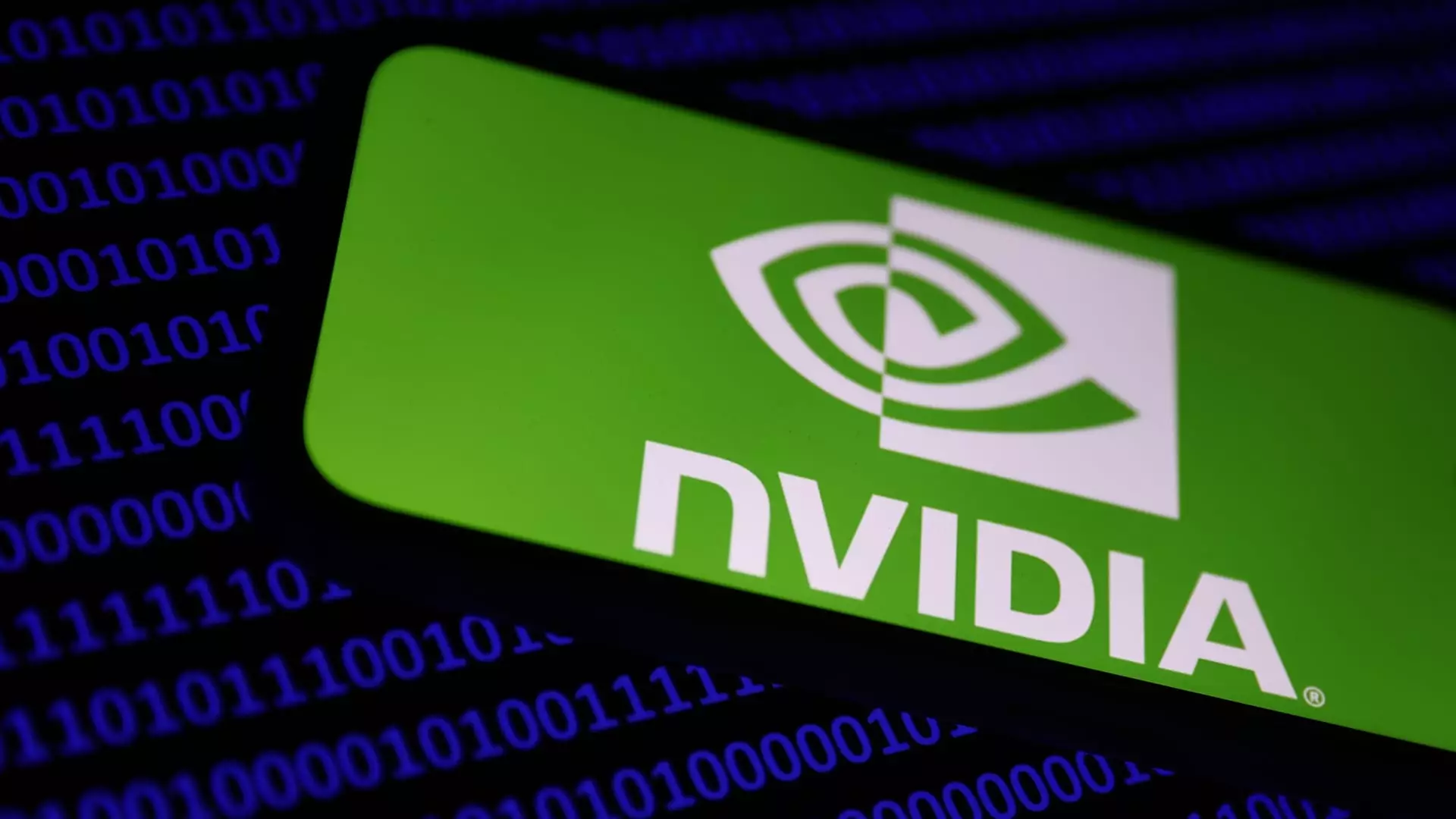Saudi Arabia is positioning itself as a formidable contender in the global artificial intelligence arena, and at the heart of this ambition lies a critical need for access to high-performance semiconductor technology, particularly from Nvidia. Nvidia’s chips are integral to the development of sophisticated AI systems, and the Saudi Data and AI Authority (SDAIA) is optimistic about overcoming the existing barriers to acquire these technologies. During the recent Global Artificial Intelligence Network (GAIN) summit held in Riyadh, Abdulrahman Tariq Habib, Deputy CEO of SDAIA’s strategy management office, emphasized the expectation of securing access to Nvidia’s state-of-the-art H200 chips within the next year, an assertion that carries considerable implications for the kingdom’s technological aspirations.
Challenges of Export Controls
However, Saudi Arabia’s eagerness to access these advanced chips is tempered by stringent U.S. export controls imposed to curb the proliferation of technology to rival nations, particularly China. These regulations aim to safeguard U.S. national security interests, resulting in significant challenges for nations seeking to acquire cutting-edge technology. Habib’s announcement regarding potential access to the H200 chips is particularly noteworthy given these restrictions, which have historically hampered Saudi Arabia’s technological pursuits. The path forward is fraught with complexity as the kingdom navigates its strategic partnerships with both the U.S. and China, balancing its aspirations for technological advancement while maintaining security considerations.
The Saudi government is resolute in its plans to develop a robust AI ecosystem, underpinned by the Vision 2030 initiative. Launched by Crown Prince Mohammed bin Salman, Vision 2030 aims to diversify the kingdom’s economy and reduce its dependency on oil. With an ambitious target to have AI contribute 12% of its GDP by 2030, the Public Investment Fund (PIF) is leading a strategic investment initiative, earmarking $925 billion for this transformation. This aggressive investment strategy aligns with the kingdom’s broader economic objectives, signaling its commitment to becoming a leader in AI development.
In pursuit of this vision, reports have surfaced indicating that the PIF is in discussions with American venture capital firms, including notable names like Andreessen Horowitz, to establish a substantial $40 billion fund focused on AI investments. These collaborative efforts not only underscore Saudi Arabia’s ambition but also highlight the importance of international partnerships in achieving its goals. The potential easing of U.S. export restrictions serves as a testament to the progress being made in diplomatic and business ties between Riyadh and Washington, further solidifying Saudi Arabia’s role as an emergent player in the global AI ecosystem.
The geopolitical landscape surrounding Saudi Arabia’s AI ambitions is complex, particularly given its historical ties with both the U.S. and China. The kingdom’s burgeoning relationship with China, its largest trading partner, exemplifies a duality in its international relations strategy. As tensions arise in global trade and technology amongst superpowers, Saudi Arabia finds itself at a crossroads, balancing its growing economic ties with Beijing while attempting to cultivate a favorable relationship with Washington.
The Biden administration’s recent broadening of chip export controls illustrates the intricacies of these relationships. By imposing strict licensing requirements for exporting advanced semiconductors to Middle Eastern nations, the U.S. government is attempting to navigate its national security concerns regarding the region’s closeness to China. Reports suggest that Saudi Arabia is actively working to address U.S. concerns by demonstrating its commitment to technology partnerships and compliance, while simultaneously exploring options should access to U.S. technology remain restricted.
A Vision for the Future
Saudi Arabia envisions a future where advanced AI technologies are foundational to its economic diversification and growth. The commitment from SDAIA and the PIF to cultivate a rich AI ecosystem illustrates the kingdom’s dedication to this transformative agenda. Ongoing efforts in building human capacity and data infrastructure are essential components of this strategy, positioning Saudi Arabia not only as a consumer of technology but also as a thriving contributor on the global stage.
As Saudi Arabia advances on this ambitious path, its success will ultimately hinge on how effectively it can navigate the complexities of international partnerships, security considerations, and technological challenges. Should it manage to secure access to Nvidia’s high-performance chips, the kingdom may indeed be on a trajectory toward becoming a leading player in the AI sector, significantly altering its economic landscape and asserting its role in the ever-evolving global technology landscape.


Leave a Reply